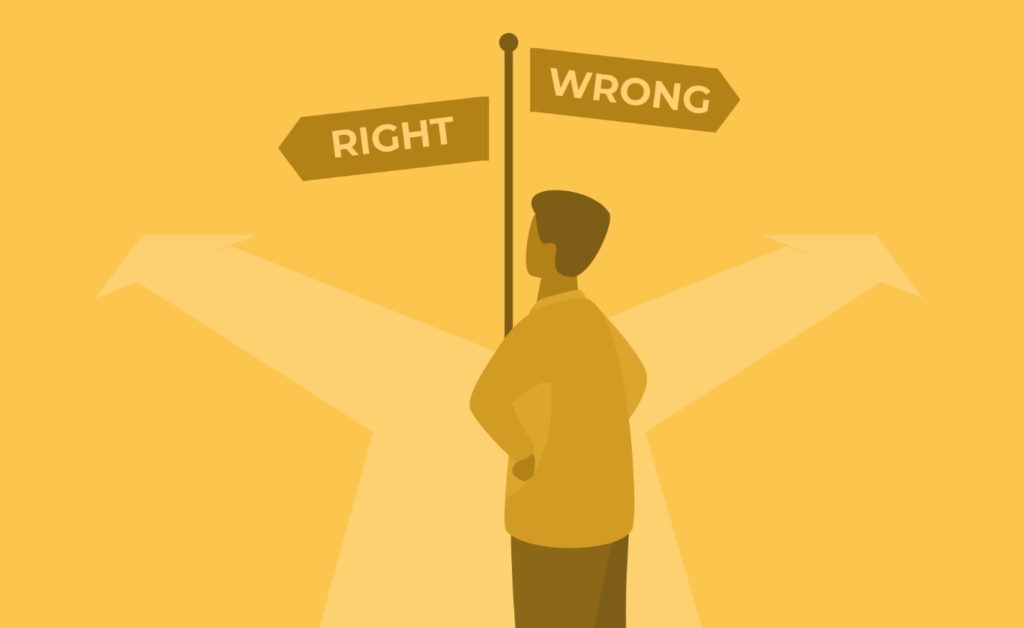Need a little spiritual motivation to help kickstart your new health and wellness regiment? Well, we have some good news for you.
Faiths like Christianity consider taking care of your body to be an important way of honoring God.
This is true across many major religions and belief systems. Even Aristotle cautioned people against neglecting their bodily health while pursuing intellectual enlightenment.
The philosophical argument for good health
Aristotle described health in correlation with “the Supreme Good” for man. This “Supreme Good” refers to eudaimonia which can be loosely defined as happiness or human flourishing. In other words, Aristotle advocated that in order to achieve human flourishing, one must be healthy.
Whereas Aristotle associated health with happiness, Plato associated physical and mental health with the virtues and in particular with the virtue of temperance. In the Platonic view, temperance characterized healthy-mindedness.
Today, it is well-known that exercise is good for both physical and mental health. Plato once said, “Lack of activity destroys the good condition of every human being, while movement and methodical physical exercise save it and preserve it.”
And Plato wasn’t the only Classical figure to advocate for exercise. Hippocrates, a Greek physician who remains one of the most remarkable figures in the history of medicine, said that “walking is man’s best medicine.”
Hippocrates’ insight is now well supported by modern-day research, which confirms that walking for 20 to 30 minutes each day can have a notable positive impact on your physical and mental health.
God created man in his own image
According to Genesis 1:27 in the Bible, God created humankind in his image. The doctrine that humans were created in the image of God (imago Dei) provides Christians with the worldview that all people are “fearfully and wonderfully made” (Psalm 139:14) on the basis of their image-bearing.
The Image of God (imago Dei), which asserts that human beings are created in the image and likeness of God, is a concept and theological doctrine in Judaism and some Sufism sects of Islam as well.
According to imago Dei, we are created beings that exist as body and soul. As created beings, we should prioritize a healthy lifestyle, so as to honor the bodies given to us.
Scriptural understanding of body and soul obligates us as created beings to be good stewards of our bodies. As such, we should eat well, exercise regularly, drink more water and avoid harmful substances.
This view goes hand-in-hand with the Christian view that our bodies are not our own: they are God’s. So, our bodies are not to be taken care of selfishly, but rather in pursuit of honoring God who created them: “Therefore, I urge you, brothers and sisters, in view of God’s mercy, to offer your bodies as a living sacrifice, holy and pleasing to God—this is your true and proper worship” (Romans 12:1).
The body is a temple
Paul says in Corinthians that the body is a temple of the Holy Spirit, so we must glorify God in our bodies (1 Corinthians 6:19–20).
This means that we should practice healthy eating habits, drink more water and exercise regularly to keep our “temples” in good condition. As follows, Christians should do well to avoid putting harmful substances (like tobacco, excessive alcohol and junk food) into our bodies to keep them worthy temples for the Holy Spirit.
It is the Christian understanding that our bodies are given to us to do God’s work. And because taking better care of our bodies means increased energy levels and better ability to accomplish our daily goals, a healthy body is likewise one better equipped to do God’s work.
As it says in 1 Corinthians 10:31, “So, whether you eat or drink or whatever you do, do all to the glory of God.”
And there’s more…
Of course, Christianity is not the only worldview to advocate the spiritual importance of health.
As mentioned, Judaism and some sects of Sufism also follow the doctrine of imago Dei. This lends Judaism and certain sects of Sufism the same motivations for good health we’ve already described.
Still not convinced? A diversity of cultures, faith-systems, and philosophies champion good health. Here is a brief list of quotes taken from around the world:
“He who takes medicine and neglects to diet wastes the skill of his doctors.” – Chinese Proverb
“The greatest wealth is health.” – Virgil
“To keep the body in good health is a duty, otherwise we shall not be able to keep our mind strong and clear.” – Buddha
“Health and intellect are the two blessings of life.” – Menander
“Health is a state of complete harmony of the body, mind and spirit. When one is free from physical disabilities and mental distractions, the gates of the soul open.” – B.K.S. Iyengar
“The groundwork for all happiness is good health.” – Leigh Hunt











